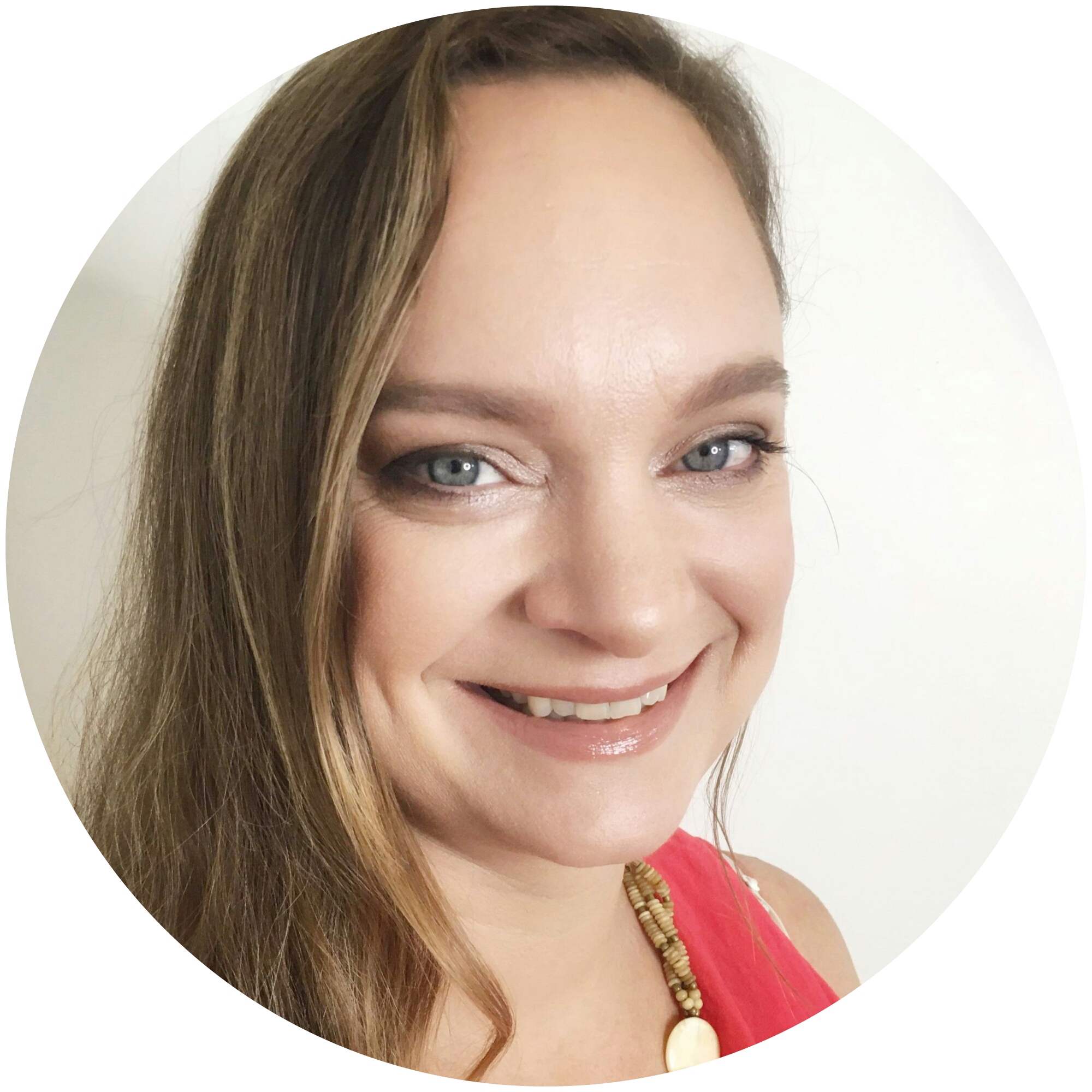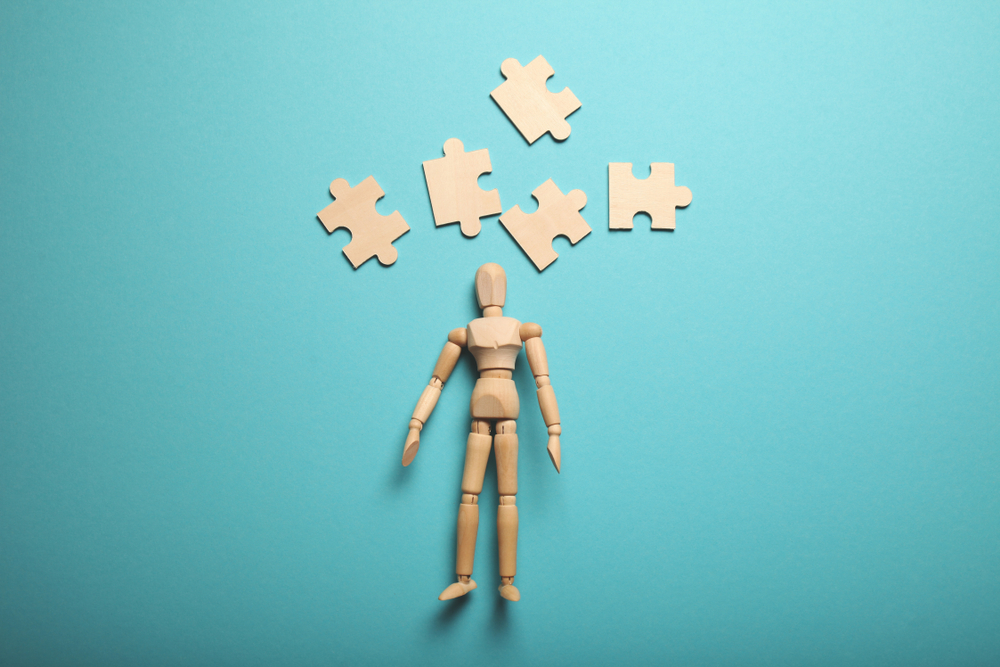I was reluctant to learn this lesson the first time. But I had to learn it — or at least accept it. Then, when that acceptance was challenged, I had to learn the same lesson all over again. It was only when I stopped searching for the cause that I finally learned something of value from my depression.
I was told it was in my genes when I was first diagnosed — that my depression wasn’t my fault, it was my genetics. Of course, fault or blame shouldn’t have anything to do with it. But there is something both terrifying and reassuring about that knowledge, that there was nothing I’d done. Therefore, there was also nothing I could do to change it. I was told it was a condition I’d have for life. And so began the journey of learning to live with mental illness —the diagnosis more so than the depression.
The first major lesson I learned from being diagnosed with a mental illness was to live with a part of myself I did not accept. I had to figure out how to live with a truth about myself that I didn’t want to accept. I did not want to be flawed, or have a condition that defined me. I didn’t want to be this way forever.
This was a challenging lesson to learn. On the one hand, I knew if I wanted to be happy in life, I would have to accept all of myself. On the other hand, I wanted to fight to be different, to be well. These two beliefs were often in competition with each other. My journey at this point was the lesson of learning to do both.
The Hardest Lesson the Second Time
It was years later that I was participating in a forum for mental health and wellness. This is where the reality I had fought so hard to accept was called into question. It was the beginning of my exposure to the social model of mental health: the idea that our genetics have nothing to do with mental illness, but are a result of our experiences.
To say this was confronting was an understatement. Not only did it call into question ten years worth of accepting my condition as an integral part of my being, but it also made me question my experiences. What had happened that caused me to be this way?
Initially, this assessment also gave me hope of being normal, of being no longer broken, or faulty. To me then, recovery from experience and trauma felt more believable than recovery from genetics.
It also brought relief that I was not carrying some kind of genetic bomb that I would have to gamble on the lives of my future children with. I could have children, and they would not be predestined as I always had believed.
To believe in this hope for the future, I had to let go of what I had spent a decade believing to be true: that mental illness was part of who I am, and that will never change. I had to let go of that.
What This Lesson Taught Me
This new understanding of my mental health taught me two primary lessons. It taught me one at the time, and a second years later.
At the time, I learned that I had not in fact accepted myself with my illness. When I thought it was simply a part of who I was, I loathed that part of me. I did not accept it. I hid it. Every success I had was “despite” having a mental illness. And of course, every failure was because of it. I blamed it. Once I learned that it might be something that happened to me, that it was not part of me, I came to accept my mental illness, and could fight hard to overcome it.
The Slower Second Lesson
The second lesson this period of my life taught me took a lot longer to understand, but it was potentially more powerful. I learned that when confronted with two possibilities, I will pick the one I want to be true, and I will follow the path I would prefer is the right one. When I heard that it might be experiences, not genetics, that caused my mental illness, I believed it, because I wanted to.
In this case, it changed the direction of my life and it led to my recovery from mental illness. But that was not because I had found the source of my mental illness. There had been no traumatic experience leading to the onset of my depression. So where did that leave me?
How This Lesson Changed My Life
Changing my perception on the causes of mental illness opened me to alternatives. Instead of relentlessly searching for the root cause, I started looking at my life holistically.
I looked at when I felt my best, and when I felt my worst. The assessment that a life experience caused my illness never felt right to me. I understood that for some people, that was the case. But it didn’t fit my life.
I started to see the mistakes I had been making. I was allowing other people’s assessment shape how I was viewing my own life. So I stopped focusing on what had or had not caused my mental illness, and instead, I started looking at what made me feel better.
I looked at how I ate, how much I exercised, and how much I slept. I looked at all the things that gave me energy, motivation, and mental clarity — the things I needed to actually do the work of getting well. Slowly, it started to make sense to me.
I had to learn the lesson incorrectly twice before I could learn what my depression truly had to teach me: that we are all different, and there is no one answer for everyone. For me, the foundation of my mental wellness is in nutrition, exercise, and sleep. With those as a foundation, I am able to work on the other essential aspects of wellness. I could see this when I realized what my search for a root cause was really about. It was a search for a place to lay blame for what I saw as faulty. By not loving and accepting myself, I was holding myself back in life.
The Lessons I Learned When I Changed My Perception Of MY Mental Illness:
- Accepting and loving myself includes the parts I want to be different. Maybe they can, and maybe they can’t, but I cannot exclude parts of myself to love.
- There is no shame in working to improve my mental health, just like my physical health.
- Also like physical health, I do not need to be unwell to focus on my mental health.
- Wanting something to be the best path does not make it the best path. Truth is not connected to my desired outcome.
- There are many treatments for mental illness. They range from therapies to mindset and meditation, to medication, and more. They all have their place. But without a foundation of nutrition, physical activity, and sleep, they’re limited in their effectiveness in my life.
The true lesson I learned was that sometimes I can’t find the answer I’m searching for. It might not exist, or might not be attainable, like finding the true source of my experience with mental illness. I might not ever know. But focusing only on searching for it was keeping me from moving forward. Things changed when I accepted the unknown, and focused instead on what worked for me.
Follow us here and subscribe here for all the latest news on how you can keep Thriving.
Stay up to date or catch-up on all our podcasts with Arianna Huffington here.


